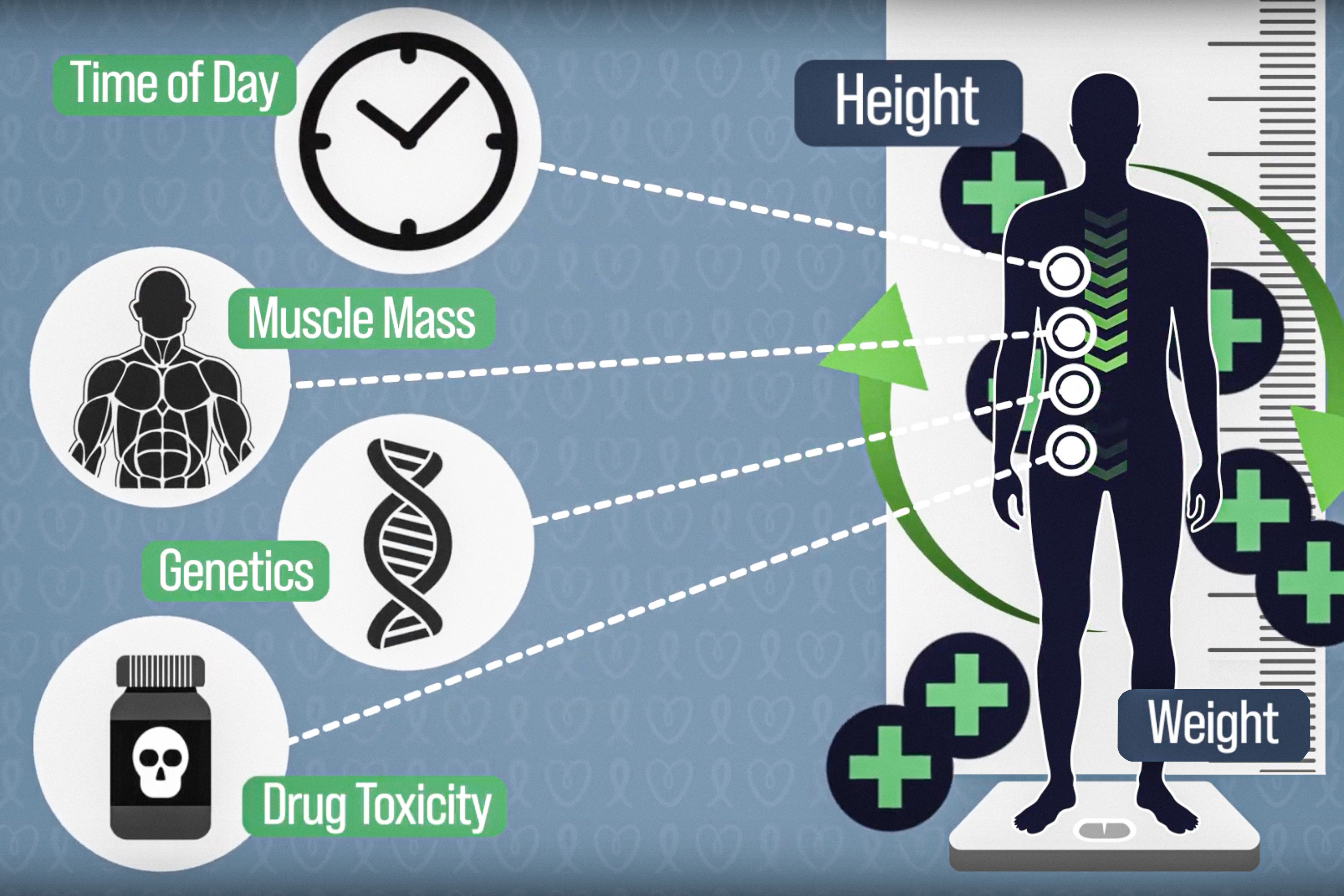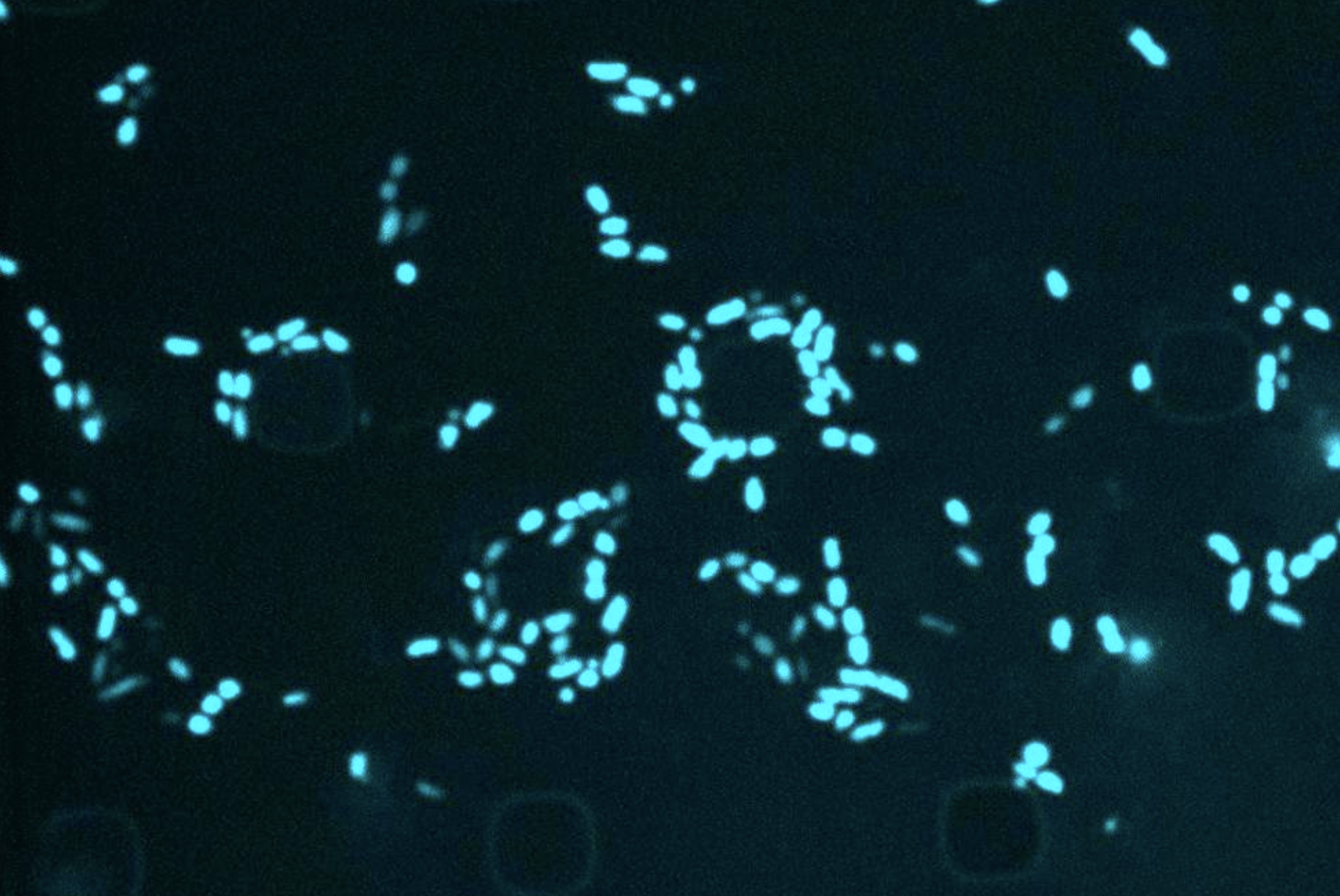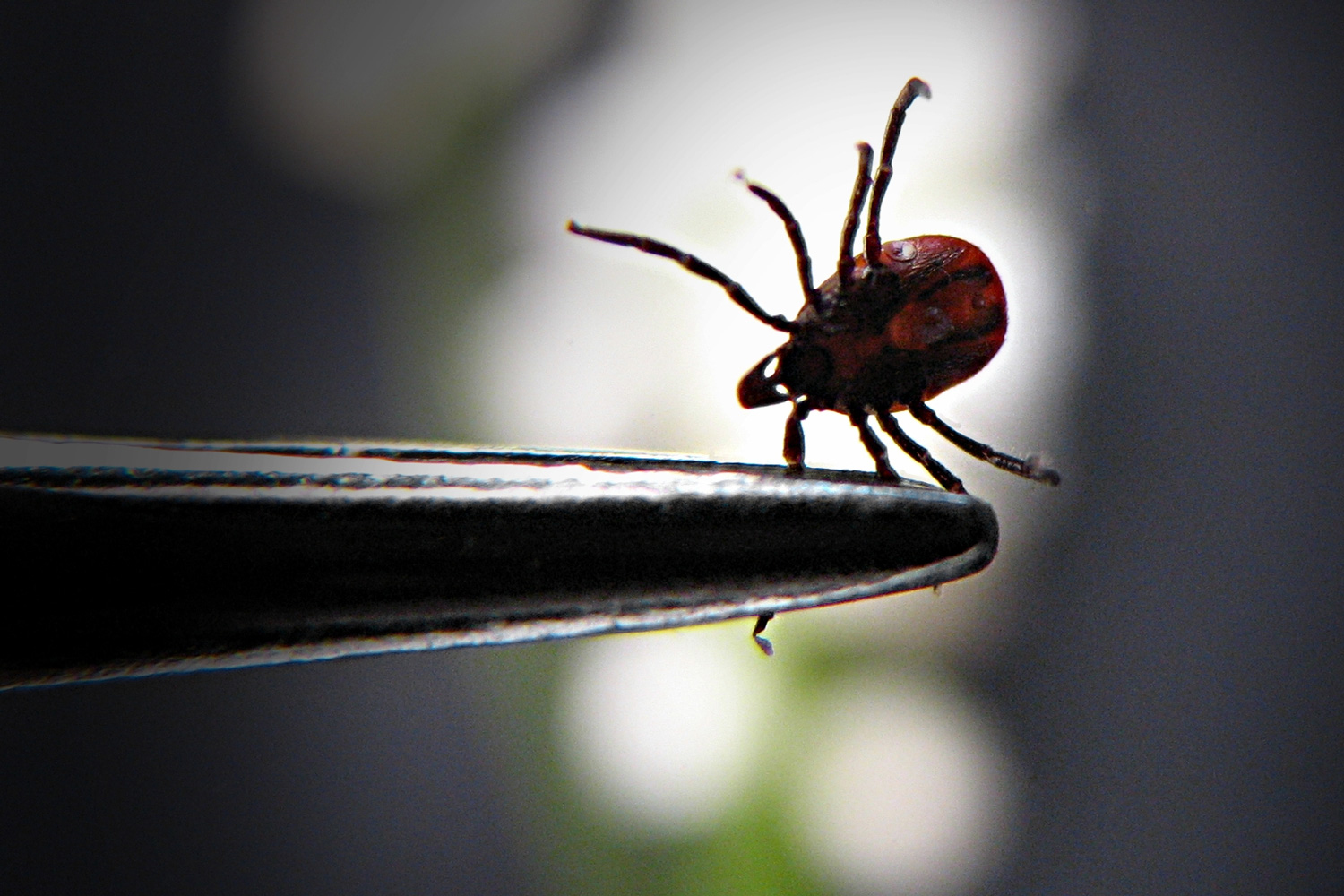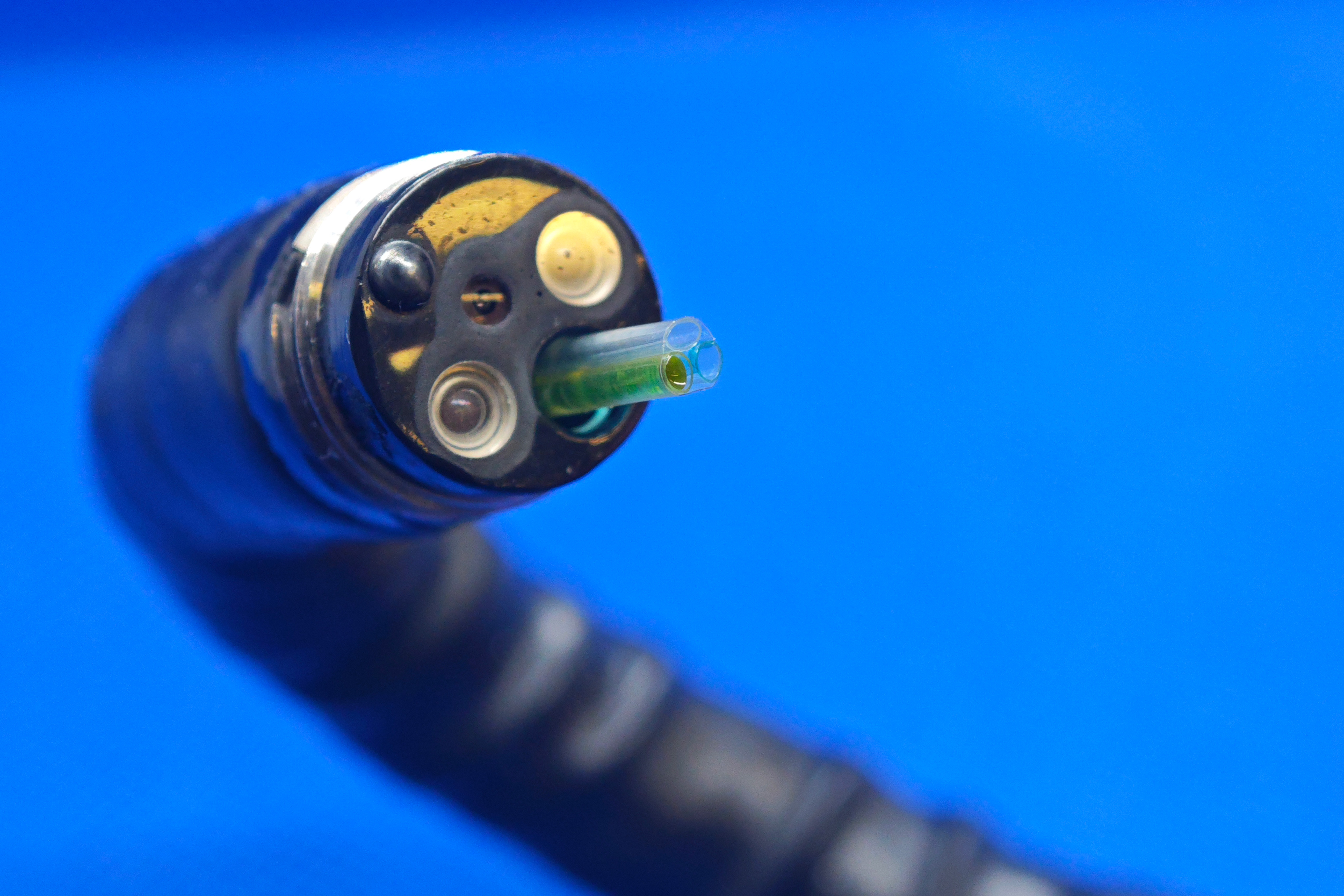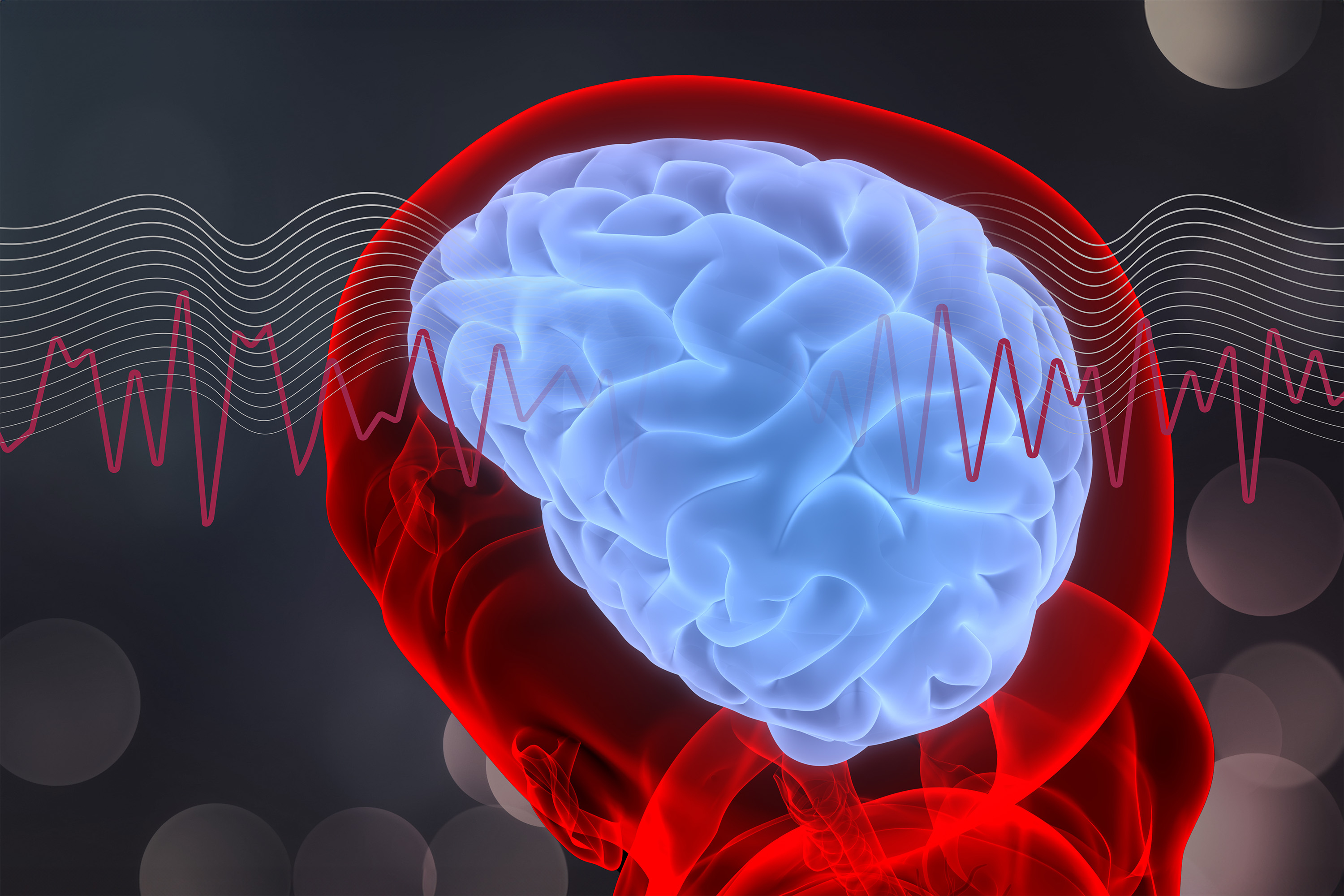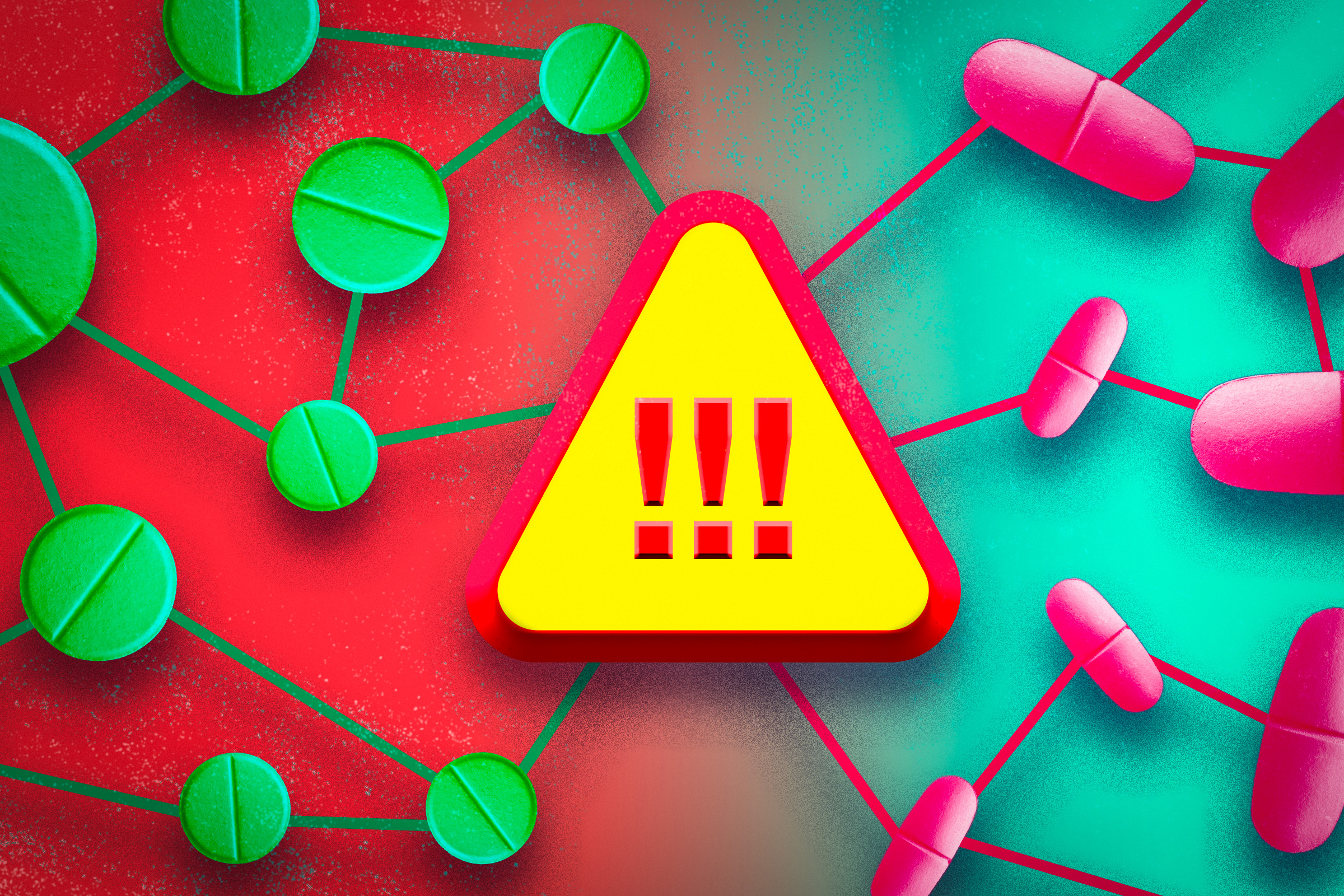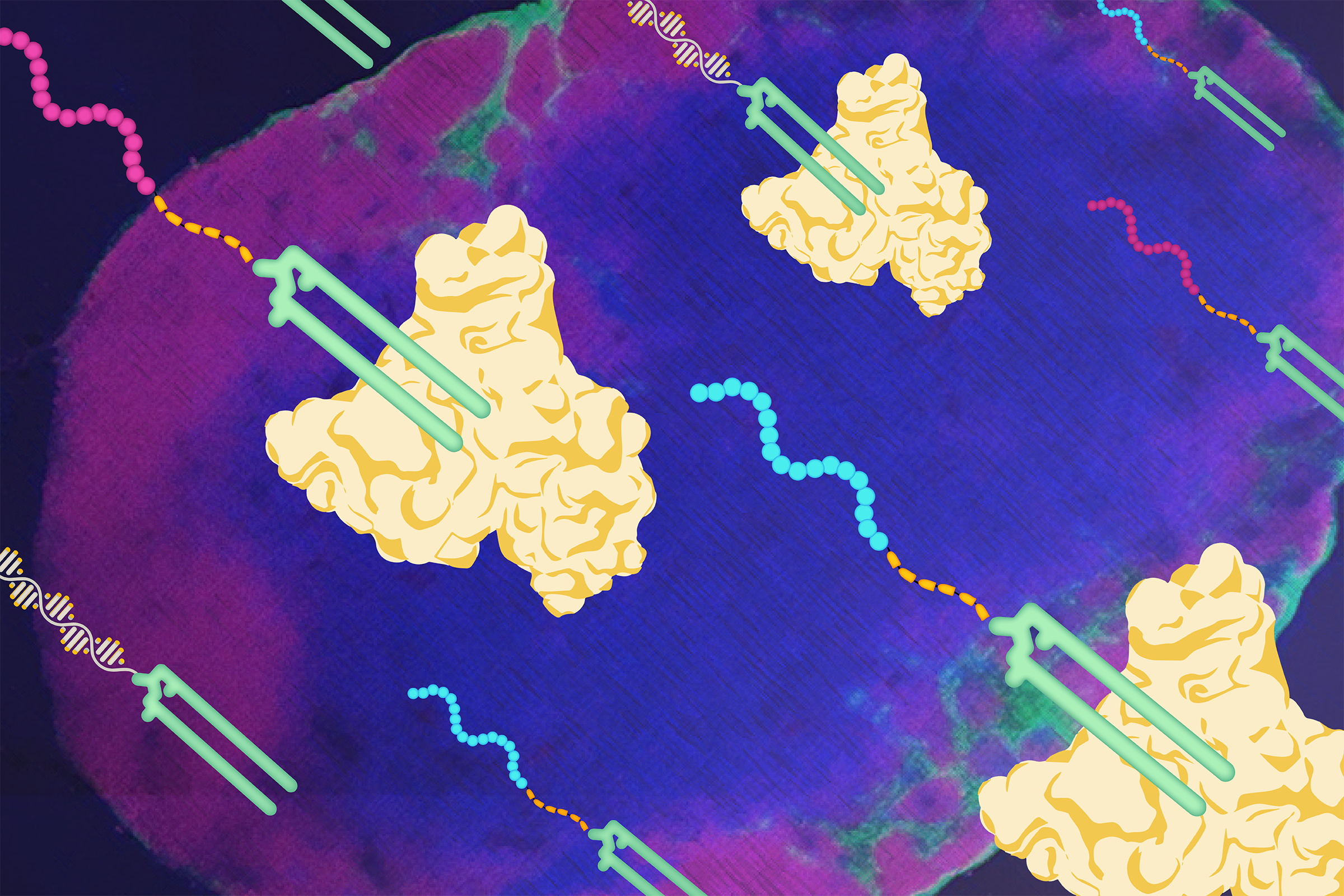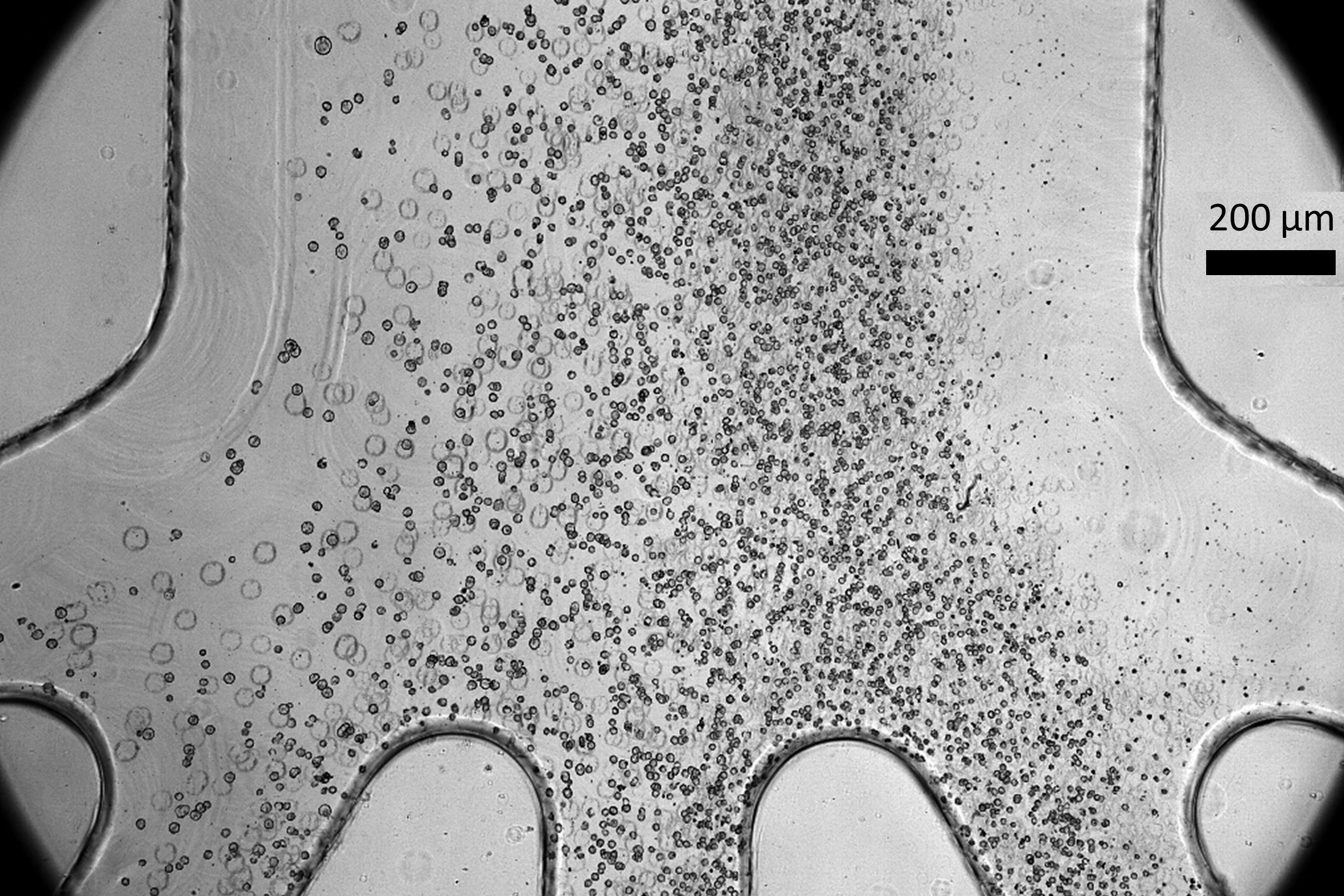When an antibiotic fails: MIT scientists are using AI to target “sleeper” bacteria
Most antibiotics target metabolically active bacteria, but with artificial intelligence, researchers can efficiently screen compounds that are lethal to dormant microbes.
Alex Ouyang | Abdul Latif Jameel Clinic for Machine Learning in Health •
mit
April 8, 2024 • ~4 min
April 8, 2024 • ~4 min
Hitchhiking cancer vaccine makes progress in the clinic
MIT spinout Elicio developed a vaccine based on a lymph node-targeting approach first developed at the Koch Institute. Phase 1 solid tumor clinical trial results are promising so far.
Bendta Schroeder | Koch Institute •
mit
Feb. 15, 2024 • ~11 min
Feb. 15, 2024 • ~11 min
/
49

